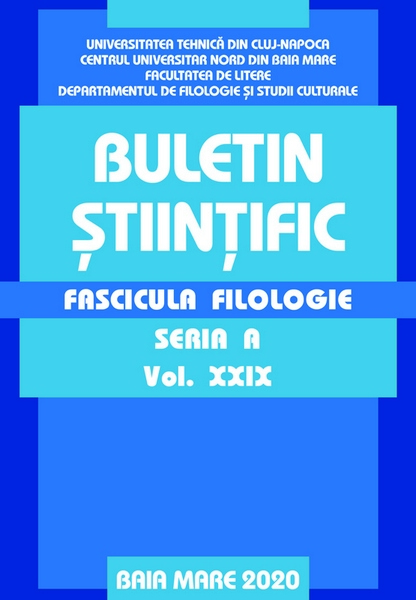Préjugés linguistiques dans les traductions bibliques
Linguistic Prejudices in Biblical Translations
Author(s): Iryna VygnanskaSubject(s): Language and Literature Studies, Lexis
Published by: Editura U. T. Press
Keywords: Old and New Testament; translation; syntax; rhetorical and literary procedures; linguistic prejudices; polysemy; idiomatic expressions;
Summary/Abstract: The translation of the Bible and its idioms will always be a work in progress. However, there are ways of improving it in order to achieve the ideal pursued by all translators, i.e. to render the original message as faithfully as possible in the target language. By analyzing a number of biblical translations, the author has proven that certain linguistic habits influence the choice of words, expressions and syntactic structures. The issue of translating the Bible is very sensitive. Any translation becomes a more complex phenomenon due to differences in grammar, semantic structures, styles and literary conventions between the source and target languages. Translating biblical idioms is one of the most difficult communicative processes in human experience. The writers used words, syntax, puns, and all rhetorical and literary devices at their disposal. No other language but the one they used has words covering the same range of senses, similar idioms, and relevant syntactic forms. This supposes that at first, the translators deploy their effort to decode and understand the meaning of the message (i.e. they percorm an act of interpretation) and later they transfer the meaning into the target language by means of expression (words, syntax, idioms).
Journal: Buletin Stiintific, seria A, Fascicula Filologie
- Issue Year: XXIX/2020
- Issue No: 1
- Page Range: 121-142
- Page Count: 22
- Language: French

